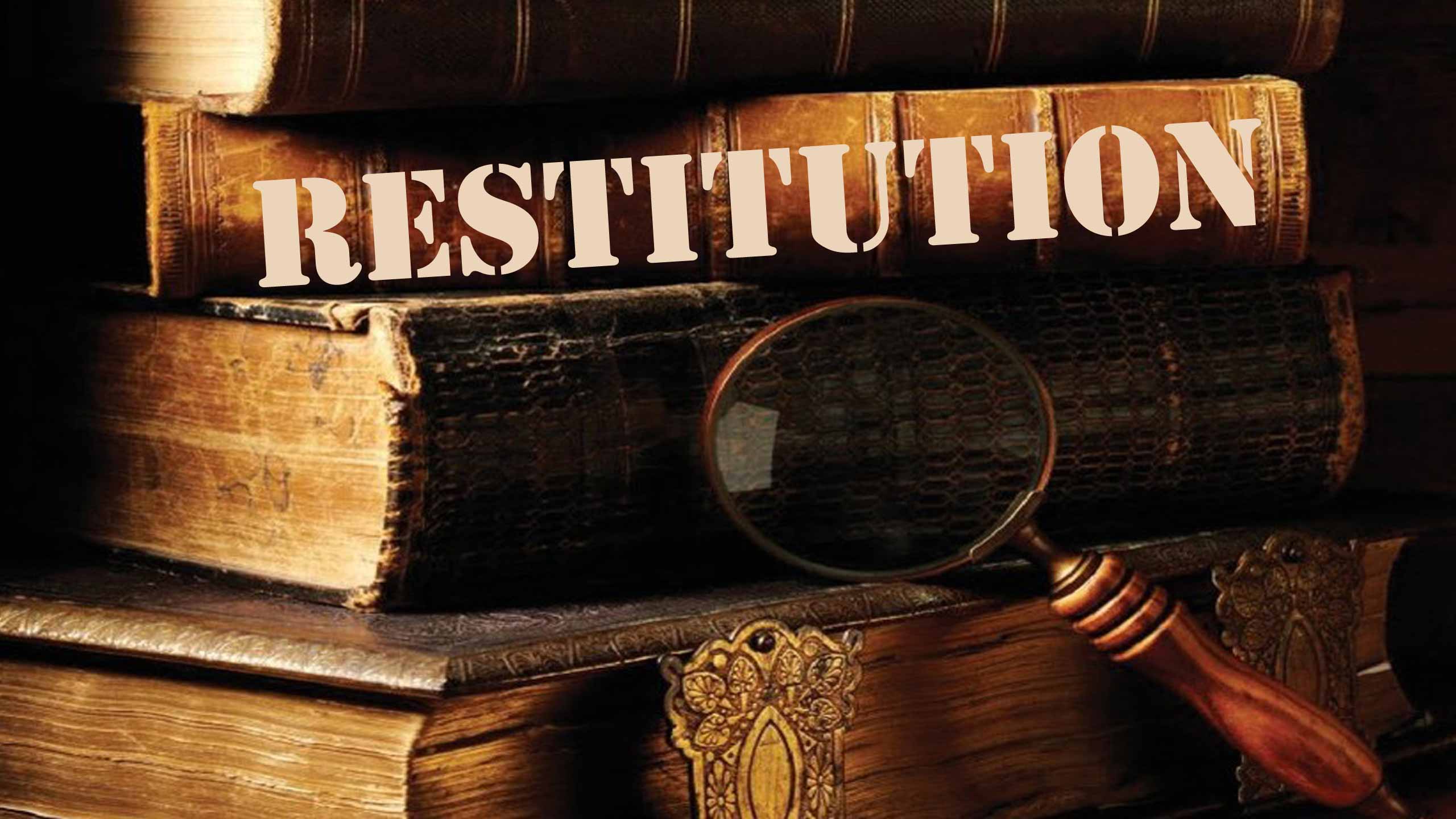A. Definition and Purpose of a Writ of Restitution
In the realm of landlord-tenant law, a writ of restitution serves as a legal remedy employed by landlords to regain possession of rental property from tenants who have breached lease agreements or failed to fulfill their rental obligations. This judicial order is pivotal in restoring the landlord’s right to exclusive possession and control over the property.
B. Legal Context and Application
Writs of restitution are issued within the framework of landlord-tenant laws, which vary by jurisdiction. These laws outline the rights and responsibilities of both landlords and tenants, as well as the procedures for resolving disputes and enforcing legal remedies such as eviction.
C. Importance of Understanding Writ of Restitution Procedures
For both landlords and tenants, having a thorough understanding of the writ of restitution process is essential. Landlords must navigate the legal steps required to obtain a writ of restitution, while tenants need to be aware of their rights and options when faced with eviction proceedings.
Circumstances Leading to a Writ of Restitution
A. Non-Payment of Rent
-
Tenant’s Failure to Pay Rent
The most common scenario leading to a writ of restitution is a tenant’s failure to pay rent as stipulated in the lease agreement. When rent goes unpaid, landlords have the right to initiate legal action to evict the tenant and regain possession of the property.
-
Landlord’s Issuance of Notice to Quit or Pay Rent
Before seeking a writ of restitution for non-payment of rent, landlords typically issue a notice to quit or pay rent, informing the tenant of the overdue rent and providing a deadline for payment. If the tenant fails to remedy the situation within the specified time frame, the landlord may proceed with eviction proceedings.
-
Legal Process
Following Non-Payment
Upon expiration of the notice period, landlords can file a complaint with the court to initiate eviction proceedings. The court will review the case, and if the landlord can demonstrate the tenant’s failure to pay rent, a writ of restitution may be issued.
B. Lease Violations and Breach of Contract
-
Tenant’s
Violation of Lease Terms
In some cases, tenants may violate terms of the lease agreement, such as causing damage to the property, engaging in illegal activities, or violating occupancy restrictions. When such violations occur, landlords may issue notices to remedy the breaches or face eviction.
-
Landlord’s
Notice of Lease Violation
Similar to non-payment cases, landlords typically provide tenants with a notice to cure or quit, giving them an opportunity to address the lease violations within a specified time period.

